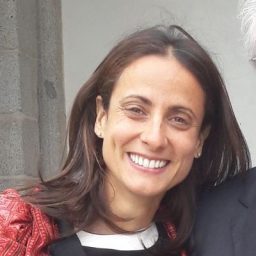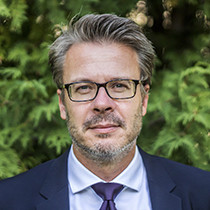Workshop
Security, Securitisation and Reform: Back to Integrative Partnership
In the run-up to the EuroMeSCo Annual Conference, the EuroMeSCo Secretariat organised a 2nd Preparatory Meeting, in collaboration with the Istituto Affari Internazionali (IAI) and with the support of the European Commission.
The workshop tackled three factors shaping the debate on the present state of the Euro-Mediterranean Partnership (EMP) and its future – namely security, securitization and reform. Despite differences in national outlook, security remains a prime concern in relations between EU countries and non-EU Mediterranean countries. As such, this meeting sought to identify the security risks currently present in the EMP. Security-based approaches have been met with much criticism, yet today’s problems seem to relate less to security than to securitization. In fact, the importance and role of securitization are, more often than not, in stark contrast with the freedom, justice and security model that the EU has adopted both for itself and its neighbourhood. As a result, reform appears to have become a marginal issue within this framework – a situation suggesting that its role needs to be revived and perhaps even redefined. These were some of the issues explored at the Rome meeting.






